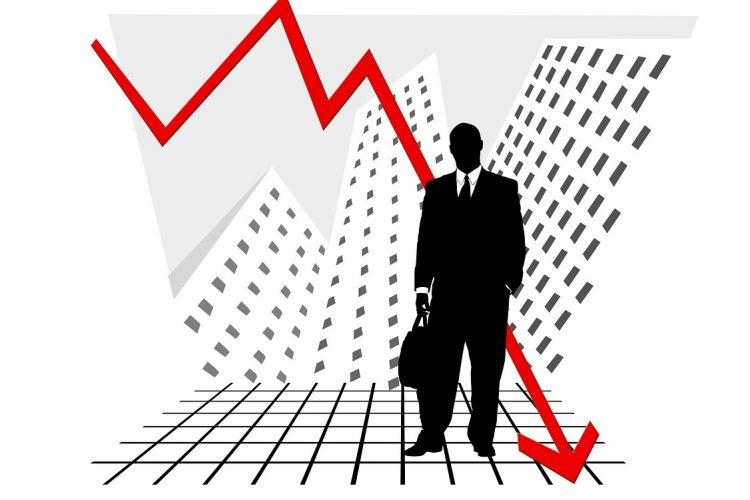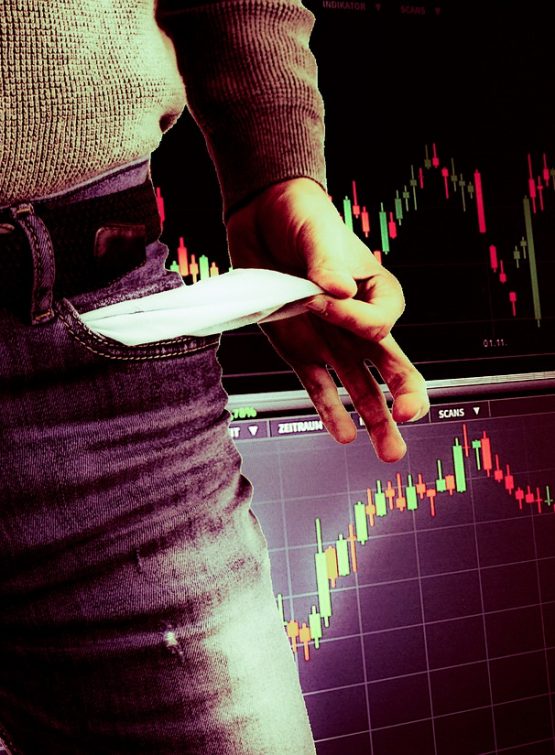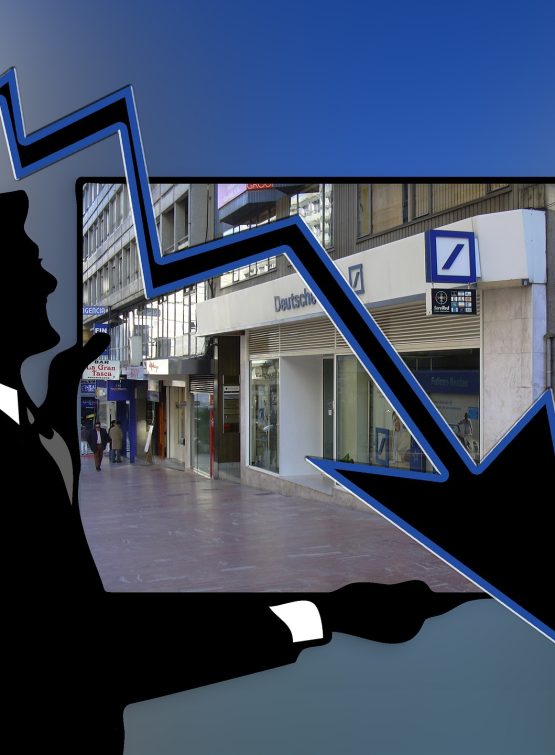A Stock Market Crash is an unexpected and abrupt decline in the share prices of listed companies in the stock exchanges/markets. It results in a huge loss of wealth across the trading community and investors. Generally, the stock market crashes precede an economic depression. All global stock markets witnessed a 40% to 50% crash in March 2020 due to Covid-19 pandemic.
Most of the time, the crashes are driven by fear of traders and investors. They are afraid that stocks would their value in the event of an upcoming economic crisis. Stock market crashes are a result of speculation led by greed and economic bubbles.
What is a Stock Market Crash?
A Stock Market Crash is a combination of the mass hysteria of excessive fear among the market participants and negative economic events causing excessive selling of stocks. This creates a huge difference between the number of sellers and buyers, which results in the crashing of stock prices.
Normally, crashes occur because of the following conditions:
- An extended period of rising stock prices and excessive optimism
- Stocks trading at very high Price-Earnings ratios than the long term averages
- Excessive use of margin debt and leverage by participants for trading in securities
- Economic adversities such as wars, defaulting of large corporations, changes in national law and regulations
- Natural disasters like epidemics, cyclones, earthquakes, etc. causing a huge loss in terms of human lives and economy
There is no specific definition of a stock market crash in numerical terms. If the principal index of a stock exchange falls by over 10% within a day or few days, it is referred to as a stock market crash. There is a fair difference between a bear market and a stock market crash.
In bear markets, stock prices decline continuously over a long period of time like months or years. A stock market crash is revealed by a sudden huge fall in stock prices due to panic selling. Usually, a series of stock market crashes lead to the major bear market, a clear indicator of economic depression. Sometimes, a stock market crash may get corrected within a few days and the markets continue in their previous trend.
The Wall Street Crash of 1929, Black Monday (1987), 2008-2008 stock market crash (Great Recession), 2020 stock market crash due to Coronavirus scare are the most considerable stock market crashes that jolted the world economy.
Does Stock Market Crash mean the end of the Economy?
The answer is “NO”. Though a stock market crash seems debilitating sucking off the wealth of investors and other market participants, it is not the end of the world. If you understand how stock markets works clearly, you will not be so frightened of a typical crash.
Stock markets give the common man the advantage of investing in the businesses and also make money through that process. In earlier days, people used to purchase the shares of good companies with strong financial strength and future strategy. The companies also paid a good percentage of their earnings as dividends to the investors.
The stock price was directly related to its earnings, dividends, and the book value of the share. So people who bought the shares at a reasonable price benefited by their investment. Some intelligent investors made a profit from capital appreciation by selling off the shares if the price exceeded a certain level.
For example, some of the companies are directly impacted by climatic and economic conditions. A cement manufacturing company may not report the same profits during the wet season as compared to summer. Because of rains, the construction process may slowdown in the wet season resulting in the reduction of sales and profits. So selling the shares of a cement company would be more profitable than holding in the wet season. This is a classical example of trading not involving much speculation.
Today’s Trend in Stock Markets:
Nowadays, in stock markets, transactions such as intraday trading, F&O, derivatives, etc. take place. All of these processes are entirely speculative in nature. Some market participants trade using margins and leverage from stockbrokers. As a result, the stock prices of companies listed on the exchanges have soared to insanely high prices. Such stocks do not provide reasonable dividend yields. If you look at any stock in Nifty, it is difficult to find stocks with dividend yields more than 2%, except Public Sector Unit Companies.
Today, without sound research or approaching a certified financial advisor, investing in stock markets has become very risky.
This is a brief explanation of stock market crashes. We shall discuss in detail more on Dot Com Bubble (2001-02), Great Economic Depression (2008-09), and Coronavirus Stock Market Crash (2020) in the upcoming articles.
Disclaimer:
I provide the information and my views on the website only to educate new investors, stock market enthusiasts, and the common public on equity or stock market investments. Please consult your financial adviser before making any investments in the stock market. In case of any queries, you can contact me via email ID or Contact Form.





2 Comments